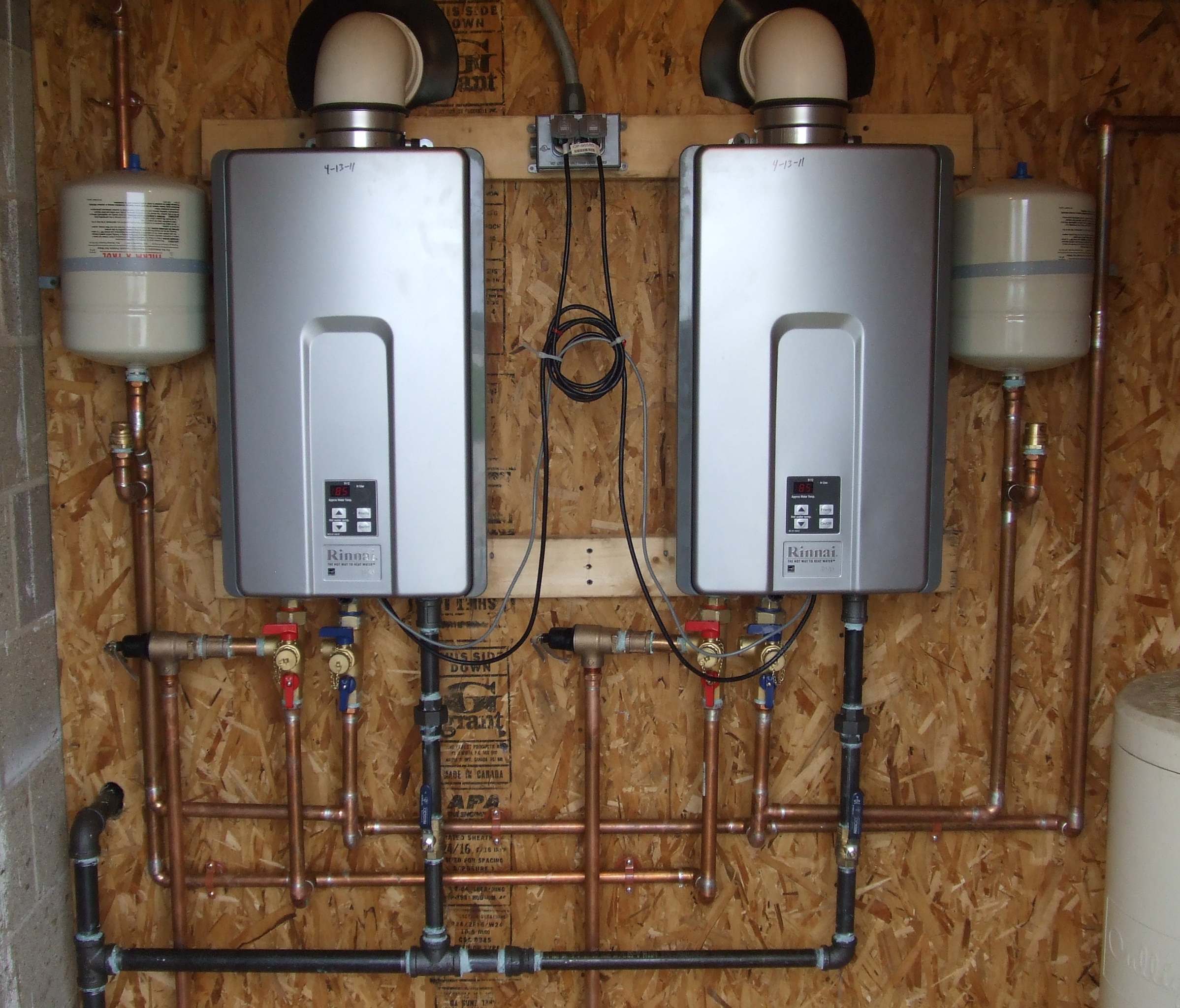What To Do For Regular Heater Malfunctions
What To Do For Regular Heater Malfunctions
Blog Article
Everyone seems to have their own way of thinking when it comes to Common Problems with Your Home Water Heater.

Imagine beginning your day without your routine warm shower. That already sets a poor tone for the rest of your day.
Every residence requires a reputable water heater, yet only a few understand just how to manage one. One simple way to keep your hot water heater in top form is to check for faults routinely and also repair them as soon as they appear.
Remember to turn off your water heater prior to sniffing around for faults. These are the hot water heater faults you are more than likely to encounter.
Water also warm or as well cold
Every water heater has a thermostat that figures out just how warm the water gets. If the water entering your home is also hot despite setting a convenient optimum temperature level, your thermostat may be defective.
On the other hand, also cold water might be due to a fallen short thermostat, a busted circuit, or inappropriate gas circulation. As an example, if you use a gas water heater with a damaged pilot light, you would certainly get cold water, even if the thermostat is in ideal condition. For electrical heaters, a blown fuse might be the offender.
Not enough warm water
Hot water heater been available in numerous dimensions, depending upon your warm water needs. If you lack warm water prior to everybody has had a bathroom, your water heater is as well small for your family size. You ought to think about setting up a larger water heater container or going with a tankless hot water heater, which uses up less space and also is a lot more resilient.
Strange sounds
There are at the very least five kinds of sounds you can hear from a hot water heater, however one of the most common analysis is that it's time for the water heater to retire.
First off, you should know with the normal sounds a water heater makes. An electrical heating system may sound different from a gas-powered one.
Popping or banging noises generally indicate there is a slab of debris in your tanks, as well as it's time to clean it out. On the other hand, whistling or hissing sounds might just be your shutoffs letting some stress off.
Water leaks
Leakages can originate from pipelines, water connections, shutoffs, or in the worst-case circumstance, the tank itself. With time, water will corrode the tank, as well as locate its way out. If this takes place, you require to change your hot water heater immediately.
Nevertheless, before your change your entire tank, be sure that all pipelines remain in place which each valve functions completely. If you still require assistance recognizing a leak, call your plumber.
Rust-colored water
Rust-colored water means one of your hot water heater components is worn away. It could be the anode rod, or the storage tank itself. Your plumber will certainly be able to determine which it is.
Warm water
No matter exactly how high you set the thermostat, you will not get any warm water out of a heating system well past its prime. A water heater's performance might reduce with time.
You will certainly likewise obtain lukewarm water if your pipelines have a cross connection. This indicates that when you activate a faucet, hot water from the heating system moves in together with routine, cold water. A cross link is very easy to spot. If your hot water faucets still follow shutting the hot water heater shutoffs, you have a cross connection.
Discoloured Water
Rust is a major reason for filthy or discoloured water. Rust within the water storage tank or a stopping working anode rod could create this discolouration. The anode pole shields the storage tank from rusting on the within as well as ought to be examined yearly. Without a pole or an appropriately functioning anode pole, the hot water promptly wears away inside the tank. Get in touch with a specialist hot water heater specialist to identify if changing the anode rod will deal with the problem; if not, change your water heater.
Conclusion
Ideally, your hot water heater can last ten years prior to you require an adjustment. However, after the 10-year mark, you may experience any one of these mistakes a lot more routinely. Now, you need to add a brand-new hot water heater to your spending plan.
How To Troubleshoot 3 Common Water Heater Problems in Twin Cities
The Water Heater Is Leaking
A leaky cold water inlet valve A loose pipe fitting A leaky temperature and pressure relief valve A corroded anode rod A cracked tank Turn Off Your Water Heater:
Shut off your gas water heater by turning the gas valve on the unit to the “OFF” position. Shut off your electric water by switching its power off at your electrical panel. Look for a two-pole breaker labeled “water heater” and turn it to the “OFF” position. Move the ball valve connected to the water heater to be perpendicular to the piping at a 90° angle. Look for the Leak:
Depending on whether the water is coming from the tank's top or bottom, you’ll want to look for the leak in different locations.
If the leak comes from the top of the tank, carefully look for water escaping from the cold water inlet valve or loose pipe fittings. Rusted hot and cold water valves can have loose connections with the tank, with water leaking out of them.
https://mspplumbingheatingair.com/blog/how-to-troubleshoot-3-common-water-heater-problems
I hope you enjoyed our section about Water Heater Repair and Troubleshooting. Thank you so much for spending some time to browse our piece of content. Feel free to take a moment to promote this blog entry if you appreciated it. Thank-you for taking the time to read it.
Schedule Your Job Now Report this page